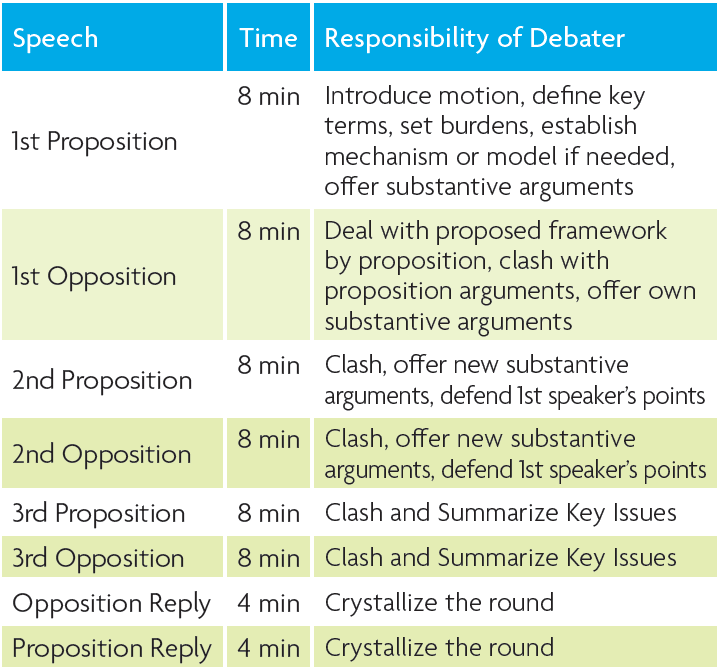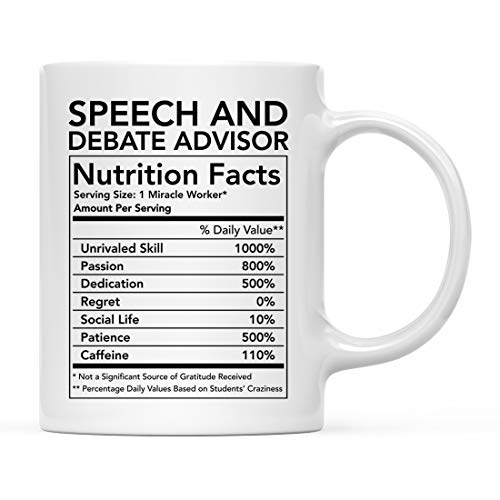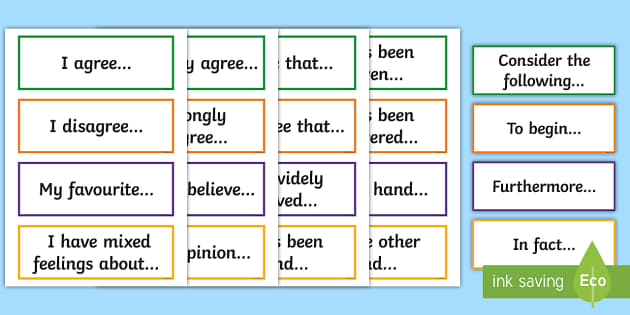How to Judge a Debate? Master Techniques and Tips
Judging a debate can be challenging. It requires careful listening and impartiality.
Debates are a great way to explore different viewpoints. They help participants develop their argumentation skills. But how do you judge who wins? This task can feel overwhelming, especially if you’re new to it. You need to understand the key criteria that make a good debate.
These include clarity, evidence, and rebuttal skills. Judging a debate isn’t just about who speaks better. It’s about evaluating the strength of arguments, the use of evidence, and the ability to counter opposing points. This guide will help you understand these criteria. It will make the process of judging a debate clearer and easier. Dive in to learn how to become a fair and effective debate judge.
Evaluating Arguments
Judging a debate requires evaluating arguments based on clarity, evidence, and logical consistency. Focus on the strength of each point and the debaters’ ability to counter opposing views effectively. Keep an eye on how well each participant supports their claims with facts.
Judging a debate involves evaluating the arguments presented by each side. The quality of these arguments often determines the winner. Two key factors to consider are the strength of evidence and the relevance to the topic.Strength Of Evidence
Strong evidence supports a debater’s claims. It should be credible and reliable. Look for well-researched data and facts. Check if the evidence comes from reputable sources. Avoid arguments based on opinions or weak sources.Relevance To Topic
Arguments must directly relate to the debate topic. Irrelevant points weaken the overall argument. Focus on how well each argument addresses the main issue. Ensure that each point made contributes to the debate’s central theme. Arguments that stray from the topic should be noted as weaker. “`
Credit: www.youtube.com
Assessing Delivery
Delivery in a debate sets the tone for how arguments are received. It’s about how well speakers communicate their points. This goes beyond what they say. It includes how they say it. Assessing delivery involves evaluating clarity, articulation, confidence, and poise.
Clarity And Articulation
Clarity refers to how easily the audience understands the speaker. Clear speaking involves using simple words and short sentences. Avoid jargon and complex terms. This makes the argument accessible to everyone.
Articulation means pronouncing words correctly and distinctly. It helps in conveying the message effectively. Proper articulation avoids misunderstandings. Listeners should not strain to grasp the speaker’s words.
To judge clarity and articulation:
- Listen for clear and simple language.
- Note any mispronunciations or mumbled words.
- Ensure the speaker’s points are easy to follow.
Confidence And Poise
Confidence shows the speaker’s belief in their arguments. A confident speaker holds the audience’s attention. They rarely hesitate or use filler words. Their voice is steady and firm.
Poise is about maintaining composure, even under pressure. It reflects self-assurance and control. Poised speakers handle interruptions gracefully. They stay calm and focused.
To judge confidence and poise:
- Observe the speaker’s body language.
- Look for steady eye contact with the audience.
- Note how the speaker manages interruptions or objections.
Analyzing Rebuttals
Judging a debate involves more than listening to arguments. Analyzing rebuttals is crucial. Rebuttals show how well a debater can challenge and defend. This section will guide you on how to judge rebuttals. We will focus on the effectiveness of counterarguments and how debaters address their opponent’s points.
Effectiveness Of Counterarguments
Effective counterarguments are key. They should directly challenge the opponent’s points. Here are some indicators of strong counterarguments:
- Relevance: Does the counterargument address the main point?
- Evidence: Is there strong evidence to support the counterargument?
- Clarity: Is the counterargument clear and easy to understand?
A debater must use logical reasoning. They should avoid fallacies and irrelevant details. Strong rebuttals are precise and focused. They dismantle the opponent’s arguments with solid proof.
Addressing Opponent’s Points
Addressing an opponent’s points is vital. This shows that the debater is listening and responding. Here are some criteria to consider:
| Criteria | Explanation |
|---|---|
| Comprehension | Does the debater understand the opponent’s points? |
| Refutation | Does the debater effectively refute these points? |
| Respect | Is the debater respectful while addressing the points? |
A good debater listens carefully. They respond directly and respectfully. They do not ignore any major points. This shows thorough understanding and readiness.

Credit: www.youtube.com
Scoring Criteria
Debating is an art. Judging it requires clear scoring criteria. This ensures fairness and consistency. Let’s break down the essential scoring criteria for a debate.
Content And Organization
Content is king in any debate. It includes facts, arguments, and evidence. Debaters must present well-researched information. It should be relevant to the topic. Judges need to look for strong, clear points.
- Relevance to the topic
- Use of evidence
- Clarity of arguments
Organization is just as important. A well-structured argument is easier to follow. It shows preparation and understanding. Debaters should present their points logically. They must have a strong introduction, body, and conclusion.
- Logical flow
- Clear transitions
- Effective introduction and conclusion
Persuasiveness And Impact
Persuasiveness is the ability to convince the audience. A good debater must connect with the judges. They should use rhetorical techniques effectively. Emotional appeal can also be powerful. Persuasiveness is not just about what is said, but how it is said.
- Use of rhetorical techniques
- Emotional appeal
- Confidence and conviction
Impact measures the lasting impression of the arguments. Did the debater make the judges think? Did they challenge existing ideas? A strong impact shows the effectiveness of the arguments. It leaves the audience with something to ponder.
- Memorable points
- Challenging ideas
- Strong rebuttals

Credit: www.wikihow.com
Frequently Asked Questions
What Are Key Elements To Judge A Debate?
Look for clear arguments, strong evidence, and respectful rebuttals. Assess the speaker’s clarity, confidence, and engagement with the audience.
How Important Is Evidence In Debates?
Evidence is crucial. It supports arguments and adds credibility. Without evidence, arguments are less convincing and weaker.
How Can You Judge Rebuttals In A Debate?
Effective rebuttals directly address the opponent’s points. They should be logical, clear, and backed by evidence. Evaluate their strength and relevance.
Conclusion
Judging a debate requires focus and fairness. Listen carefully to each speaker. Evaluate arguments based on logic and evidence. Consider the clarity and delivery of their points. Stay objective and avoid personal bias. Use these tips to improve your judging skills.
With practice, you can become a fair and effective debate judge. Remember, a good judge ensures a fair and balanced debate. Happy judging!





